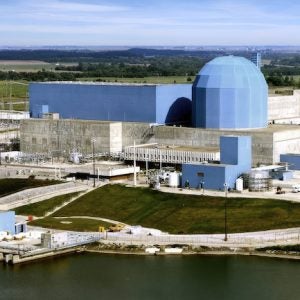
In partnership with the University of Bristol, UK fusion reactor company Astral Systems has announced a breakthrough in tritium production for fusion fuel. Astral claims it is the first commercial fusion company to breed tritium using its own multi-state fusion reactor, aiming to address a major concern for the fusion industry – ensuring a steady supply of fuel.
Working with the University of Bristol and Dr. Hugo Dominguez-Andrade, the team successfully produced and detected, in real-time, the production of tritium from an experimental lithium breeder blanket. This was achieved during a 55-hour deuterium-deuterium (DD) fusion neutron irradiation campaign run over a full week in March.
Commenting on the development Talmon Firestone, CEO and co-founder of Astral Systems said: “There’s a global race to find new ways to develop more tritium than what exists in today’s world – a huge barrier is bringing fusion energy to reality. This collaboration with the University of Bristol marks a leap forward in the search for viable, greater-than-replacement tritium breeding technologies. Using our multi-state fusion technology, we are the first private fusion company to use our reactors as a neutron source to produce fusion fuel.”
“This landmark moment clearly demonstrates a potential path to scalable tritium production in the future and the capability of Multi-State Fusion to produce isotopes in general.”
Professor Tom Scott, who led the University of Bristol team and is sponsored by the Royal Academy of Engineering and UK Atomic Energy Authority, added: “We’re now pushing to quickly optimise our system to further enhance our tritium breeding capability.”
The project was supported by the UK Atomic Energy Authority through the Fusion Industry Programme. Astral is now inviting other organisations to submit briefs to participate in neutron irradiation experiments enabled by their fusion reactors later on this year.






